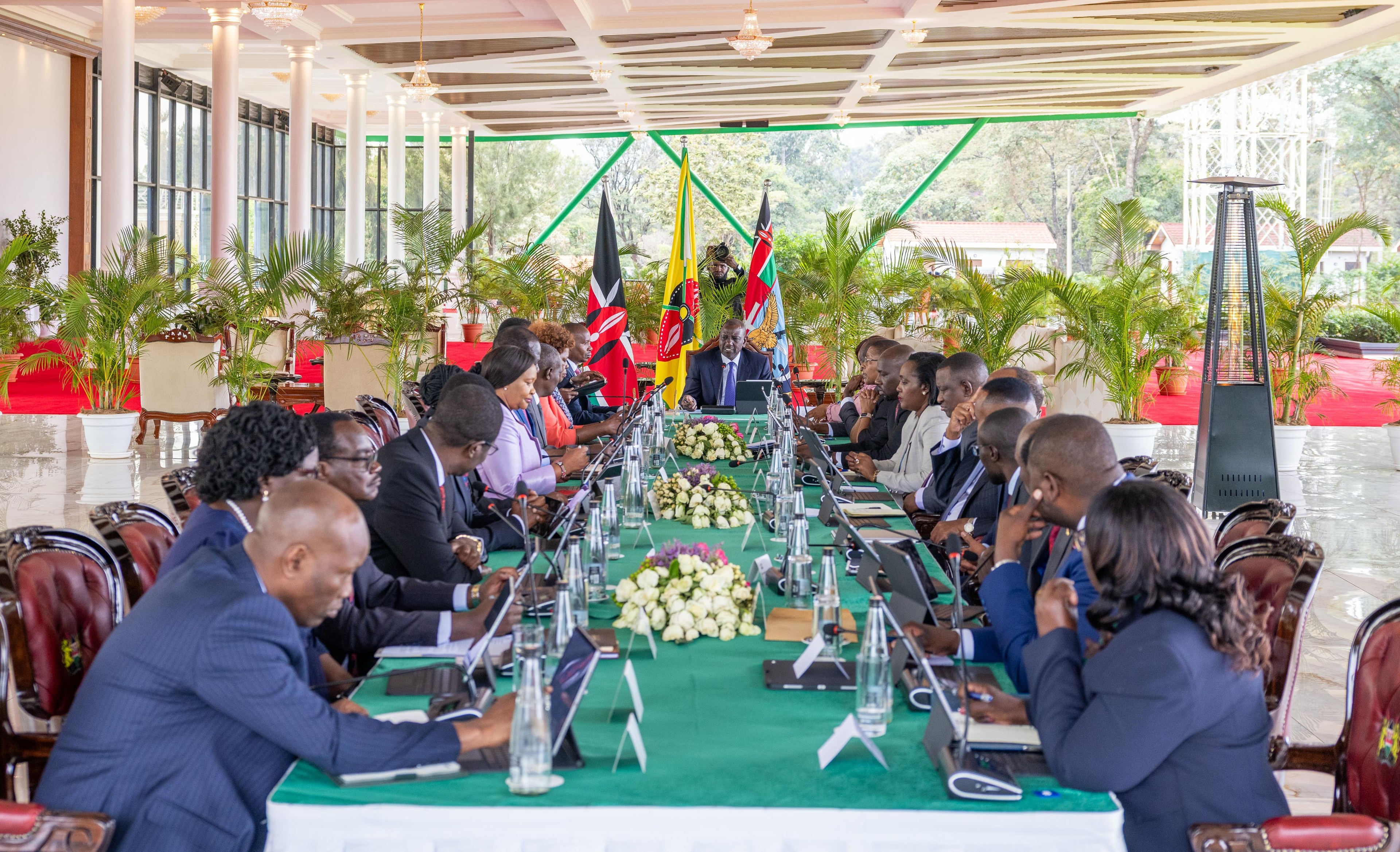The Kenya Institute of Supplies Management is the national body for professionals in the practice of procurement and supply chain management in Kenya. The institute draws its mandate from the Supplies Practitioners Management Act No 17 of 2007.
The Act provides the legal framework within which the institute is established and operates as a corporate body promoting learning, development of best practices and application of the same to the practice of procurement and supply chain management.
KISM is mandated by the Act to license and regulate procurement and supply chain management professionals in Kenya. For individuals to practice P&SCM in Kenya, they must be registered by KISM and pay the subscription and licence fees.
The 2010 Constitution included a provision for the protection and management of the environment and natural resources. Since then, the government has developed several policies and initiatives aimed at promoting sustainability initiatives, such as the National Adaptation Plan and the Green Economy Strategy and Implementation Plan.
The government recognised the important role that public procurement could play as a tool to work towards sustainable development goals. On this premise, the government introduced the preference and reservation clauses within the current public procurement legislative framework.
These provisions seek to give positive bias towards the marginalised and disadvantaged groups in society, as well as to local companies and SMEs. This positive bias has the knock-on effect of boosting Kenyan business and employment, as well as stimulating job creation for young people, women and those with disabilities.
The government has also recognised the important role of public procurement policy as a means to encourage innovation and sustainability in the private sector.
This can be achieved by incorporating environmental, social and ethical criteria into public procurement requirements for suppliers to comply with. This can help reduce the environmental impact of public sector activities and promote the development of new, innovative solutions to public sector challenges.
Sustainable public procurement (SPP) is a process whereby organisations meet their needs for goods, services, works and utilities in a way that achieves value for money on a whole-life basis in terms of generating benefits not only to the organisation but also to society and the economy while minimising damage to the environment.
Kenya’s strategic development areas, such as economic transformation and job creation, human and social development and environmental sustainability, are closely matched by the three pillars of economy, society and the environment addressed through SPP.
Working with SPP, the government will ensure that a conducive and stable environment is established with the aim of enhancing certainty and instilling confidence among citizens, businesses and investors.
With the introduction of the preference and reservation clauses, the government took the first and most remarkable initiative towards implementation of sustainable public procurement in Kenya. But the focus has not stopped here.
Recently, KISM partnered with the Global Capacity Development Programme on SPP implemented for Sida (Swedish International Development Cooperation Agency) by a joint venture of FCG Swedish Development and Crown Agents Ltd.
This is a multi-country programme to support increased deployment of sustainable public procurement practices in Sida’s partner countries.
Other Kenyan partners taking part in this programme are the Public Procurement Regulatory Authority, the Ministry of Environment and Forestry and Rural Electrification and Renewable Energy Corporation.
KISM and the other programme partners will now be playing a crucial role in implementing and upholding SPP in Kenya and ultimately working towards the achievement of sustainable development goals.
It is important for KISM that the implementation of SPP in Kenya brings together the business sector in Kenya and the supply chain practitioners to have a serious dialogue, since it is only through intentional collaboration that the sustainability goals of the country can be achieved.
By ensuring dialogue between the practitioners, business markets and procuring entities, the possibilities for relevant sustainable solutions can be clarified and amplified. The supplier market can gain a better understanding of what the public sector wishes for, in terms of SPP compliance.
This could be in relation to new technologies, innovation, skills within the labour market, green technologies etc. At the same time, the procuring entities can obtain knowledge from the private sector on what is actually feasible.
The Kenyan private sector is increasingly recognising the importance of a focus on environmental, social and governance principles in their activities and practices. The sector is today contributing to a more equitable and sustainable society, economic development and improving the environment.
KISM has partnered with the Kenya Private Sector Alliance in entrenching SPP in the private sector organisations as a key pillar of this partnership.
Working together with all actors involved in supply chain management will lead us all to innovate new, smarter and more sustainable products and services and with lower costs over time, benefiting both businesses and public institutions.
A strong business sector focus on the ESG principles and increased use of SPP in the public sector will, when they go together, create significant sustainable development not just for the public and private sectors alone but for Kenya as a whole. In this case, Kenya will benefit from a greener environment as well as long-term economic and social advancement.
KISM is committed to ensuring that procurement and supply chain practices in Kenya support the government’s efforts towards improving the lives of Kenyans, spurring economic development while reducing negative impacts on the environment and significantly contributing to the achievement of the country’s sustainable development goals.
Chairman, Kenya Institute of Suppliers Management






![[PHOTOS] Ruto present as NIS boss Noordin Haji's son weds](/_next/image?url=https%3A%2F%2Fcdn.radioafrica.digital%2Fimage%2F2025%2F11%2Ff8833a6a-7b6b-4e15-b378-8624f16917f0.jpg&w=3840&q=100)










